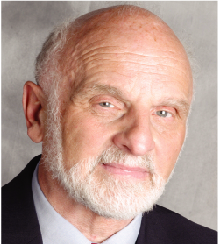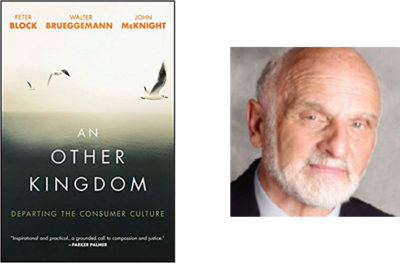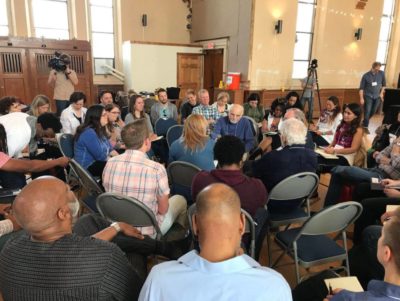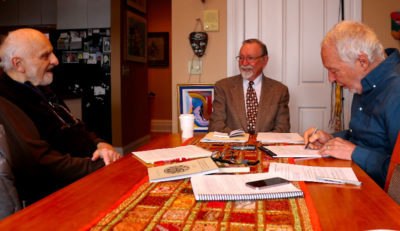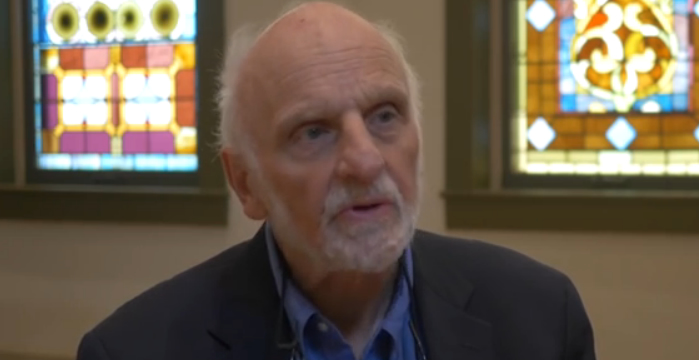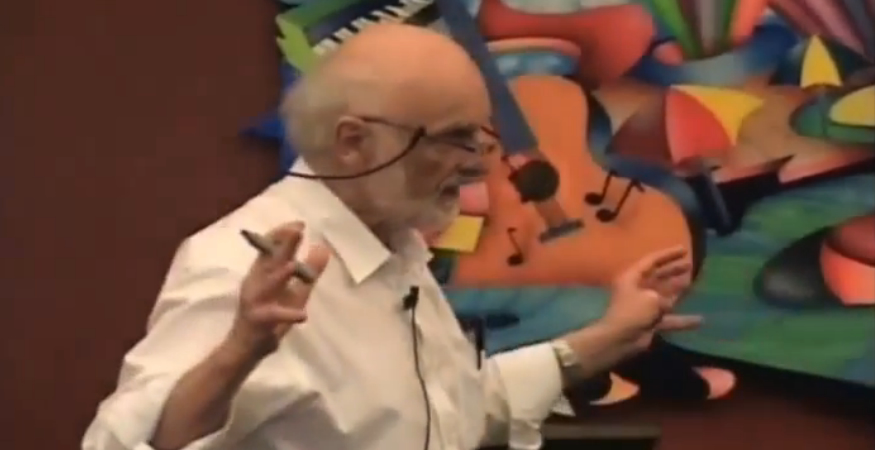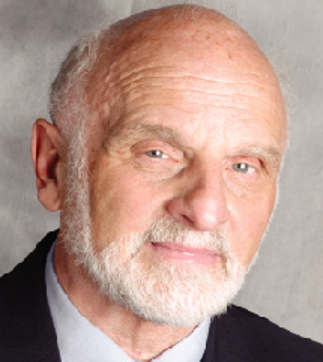Tag Archives: Walter Brueggemann
Walter Brueggemann: Lament and Narratives
Filled with Wonder
Meditating on a Neighborly Economy
Bringing Forth Jubilee in 2019
From an Extractive to Neighborly Economy
Walter Brueggemann shares insight on today’s economy of extraction, a modern version of Pharaoh’s economy. The extractive economy is abnormal and the enemy of God’s intention for our neighborhood and our common humanness. Brueggemann describes to participants at the Conspire Gathering how when people left Pharaoh into the wilderness life supports were given. Listen:
Another Other Kingdom
Common Good Fellowship pilot beginsFellowship program provides community for radical leaders
Walter Brueggemann: Pharaoh’s Economy Today
Announcing Common Good
Abundant Communities Zooms to Alberta
Data vs. Narrative
Dancing into Freedom
Certitude Versus Faithfulness
Uncredentialed Leader
Wilderness
Into Slavery
Food Monopoly
Embracing Fallibility
Empire vs. Community
Nurturing a New Narrative
Pain and Marching
Restorative Community
Uncredentialed Thoughts
Conversation Call with Walter Brueggemann
Walter Brueggemann was guest on a Conversation Call with John McKnight and Peter Block July 15, 2014. Peter provide words
Urban Elites
We want to find a better way to think about poverty and the poor. We declared war on poverty sixty years ago and lost the war. The intent here is to shift our thinking about income inequality. It is more than a question of income level; we view the poor with some contempt. As if it is on them. Is there some way of thinking that can welcome the poor in from exile? Treat them as neighbors, as citizens instead of labeled people. We begin with a discussion of urban elites.
[audio:https://www.restorecommons.com/wp-content/uploads/2014/08/Urban-Elites.mp3]The Prophetic Voice
Transformation always begins as an act of imagination. Imagining a future distinct from what always seems like the inevitability of the present. In the sacred texts, this was the function of the prophets.
[audio:https://www.restorecommons.com/wp-content/uploads/2014/08/The-Prophetic-Voice-.mp3]Privatization
A modern prophetic voice comes from people focusing on the Common Good. Increasingly there are people and websites about reclaiming the Commons from a long term effort at privatization. Privatization began with enclosure in Great Britain in the seventeenth century when the common land was fenced in from the citizens and used to raise sheep. The present widespread belief that government, education and health care is best in the hands of the private sector is enclosure’s modern version.
What is particularly relevant to this conversation is that most of the Common’s conversation is about the environment; the land, the air, the water but not about restoring the rightful place in community of people living in poverty.
[audio:https://www.restorecommons.com/wp-content/uploads/2014/08/Privatization.mp3]Compassionate Elite
There is a point where the prophetic imagination, like a call for the commons, or the restoration of the neighborhood joins with people who have the power to make this happen.
[audio:https://www.restorecommons.com/wp-content/uploads/2014/08/Compassionate-Elite-CC071514.mp3]Charity
There is an important distinction between servicing the poor and shifting the system so that poverty loses its foothold. This is the tension between compassion for the poor and working towards a shift in the consumer system that depends on low cost labor, minimum wage and a universal belief that whatever I have is not enough.
[audio:https://www.restorecommons.com/wp-content/uploads/2014/08/Charity-CC071514.mp3]Narrative of Scarcity
The Biblical source of the consumer mandate that what we have isn’t enough.
Audio File:





